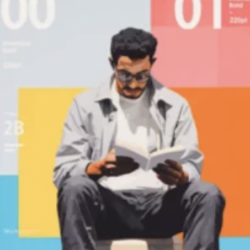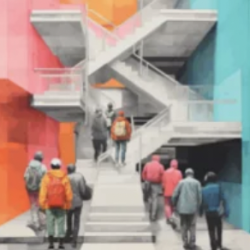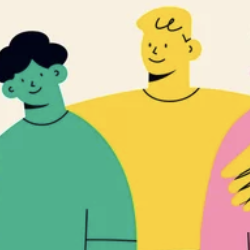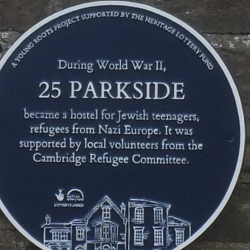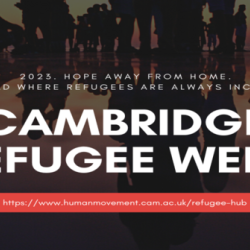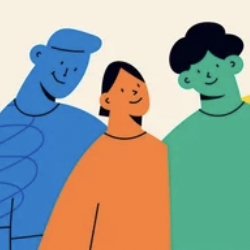Cambridge Refugee Hub
Cambridge Refugee Hub advances research, practice and policy at the University of Cambridge
Convenor: Dr Tugba Basaran
Cambridge Refugee Hub (CRH) was established in 2021 to create awareness and solidarity with refugees, and to stand with refugees as a Cambridge community. 108.4 million people are forcibly displaced. Many lack access to basic rights, such as education, health care, housing and freedom of movement. The alleviation of these problems requires collaboration across the collegiate university in partnership with local and global communities. CRH works through collaboration with those affected by wars, conflicts, and crises, together with the interdisciplinary expertise of the university, to address the plight of displaced populations at home and abroad. CRH provides research, outreach and impact (and limited teaching). Through its programming, it also encourages wider research, practice and policy across the collegiate university.
Contact: refugees@humanmovement.cam.ac.uk
Mailing list: ucam-refugeehub
More on the refugee hub and its convenor here.
Cambridge for Refugees
We support Cambridge as a welcoming place of safety for sanctuary seekers. Please find various initiatives of the collegiate university as well as pathways for sanctuary seekers below.
|
|
|
|
|
|
|
|
|
Global Crises & Displacement (Desks)
Global conflicts, emergencies and displacement require expertise and engagement across the collegiate university, as well as for policies and interventions at home and abroad. Whether Afghanistan, Myanmar, Sudan, Syria or Ukraine, these wars, emergencies and displacements have once again illustrated difficulties of understanding the complexity of crises and mitigating their effects at home and abroad, whether in terms of politics of humanitarian aid, donations and local partnerships, or in terms of dealing with refugee arrivals and disrupted education. We seek to understand conflicts in historical, regional and global contexts, within their prevalent histories and cultures and offer appropriate responses. In responses, we seek to provide for synergies and efficiencies across the collegiate university in research and practice, allow crises to be analysed in historical, societal and regional context, and avoid simple, fragmented and uncoordinated responses.
Further information here.


